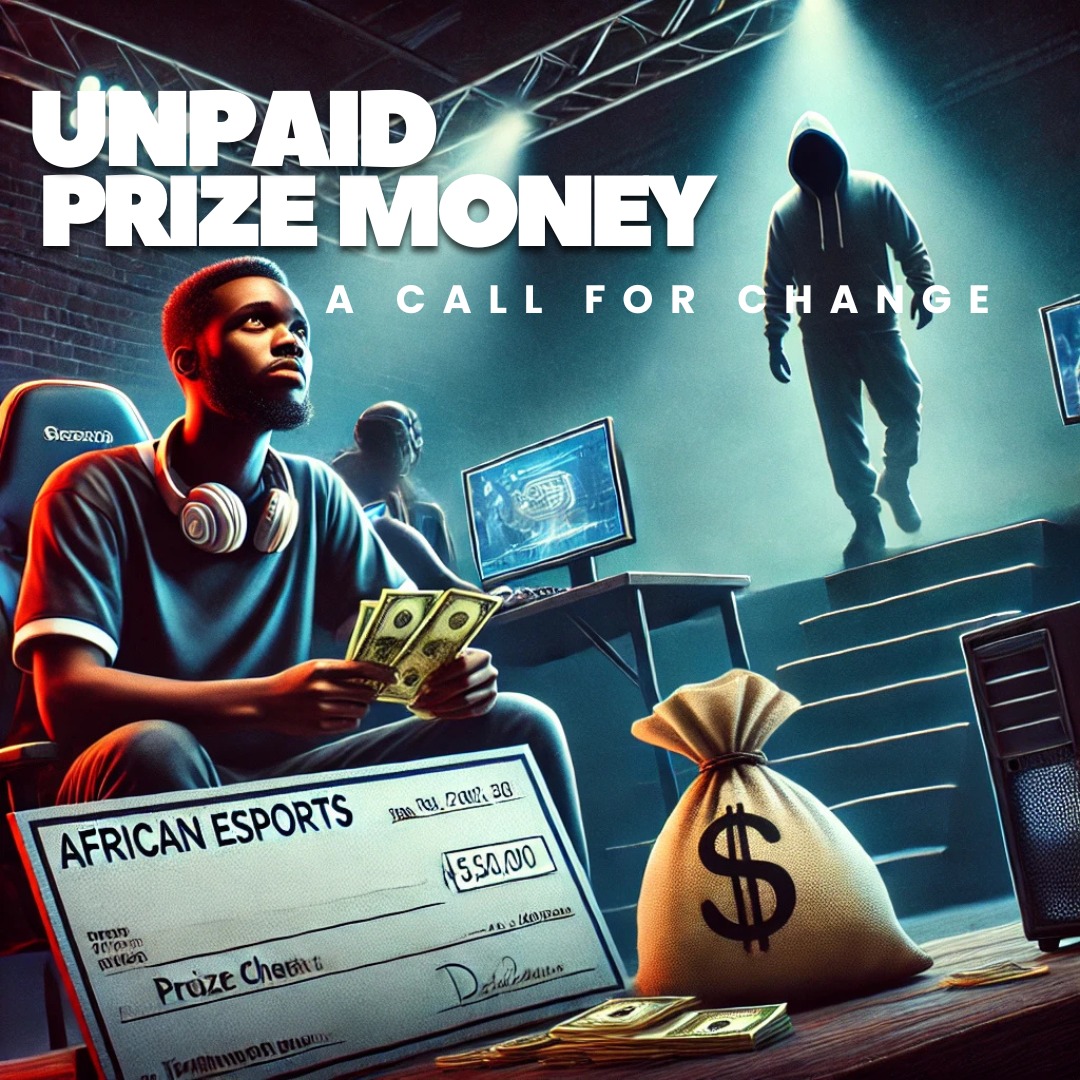It is disheartening to see players in Africa, a region still striving to establish itself in the global esports framework, being denied their hard-earned prize money. Unfortunately, this issue is not new. Unpaid prizes have become an all-too-common occurrence across the continent, leaving many gamers with no choice but to count their losses and move on after months of futile attempts to hold tournament organizers accountable.
The recent case involving the Gaming Impact Series, organized by Alpha Clan Esports, is just one example of a broader problem plaguing African esports. As highlighted in a recent press release by the Esports Kenya Federation (ESKF), players who participated in the tournament have yet to receive their prize money, prompting the federation to distance itself from the unsanctioned event. This situation raises critical questions about accountability, transparency, and the future of esports in Africa.
A Systemic Issue in African Esports
Unpaid prize money is not an isolated incident but a systemic issue that has affected countless players across the continent. Many gamers invest significant time, effort, and resources into competing, only to be left empty-handed when organizers fail to fulfill their financial obligations. This not only discourages players but also tarnishes the reputation of esports in Africa, making it harder for the industry to gain credibility on the global stage.
How Can We Prevent This?
The recurring problem of unpaid prizes begs the question: How can we prevent this from happening again? Here are a few potential solutions:
- Escrow Accounts for Prize Money:
Tournament organizers (TOs) could be required to deposit the full prize pool into an escrow account before the competition begins. This would ensure that funds are available and protected, regardless of sponsorship delays or other financial challenges. - Financial Readiness:
TOs should not host tournaments unless they have at least 50% of the prize money readily available. Relying solely on sponsorships, which often come weeks or months after the event, is a risky strategy that leaves players vulnerable. - Clear Regulations and Sanctions:
Esports federations, like the ESKF, should enforce stricter guidelines for sanctioned tournaments. Organizers who fail to meet their financial obligations should face penalties, including bans from hosting future events.
The Dual Role of Esports Teams as TOs
Another concerning trend in African esports is the dual role played by some esports teams, who also act as tournament organizers. This creates a clear conflict of interest, as these teams often participate in their own tournaments, raising questions about fairness and integrity.
Imagine FIFA, UEFA, or the NBA owning teams that compete in their own leagues—it simply wouldn’t make sense. The same logic applies to esports. Teams should either focus on competing or organizing tournaments, but not both. This dual role has, in the past, led to malpractices and a lack of trust within the community.
A Call for Accountability and Transparency
To build a sustainable and credible esports ecosystem in Africa, we must address these issues head-on. Tournament organizers, esports teams, and federations all have a role to play in fostering transparency and accountability. Players, too, must be vigilant and only participate in sanctioned events that adhere to established guidelines.
The recent incident involving the Gaming Impact Series serves as a stark reminder of the work that still needs to be done. By implementing stricter regulations, promoting financial transparency, and eliminating conflicts of interest, we can create an environment where players are rewarded for their skills and dedication, and African esports can thrive on the global stage.
